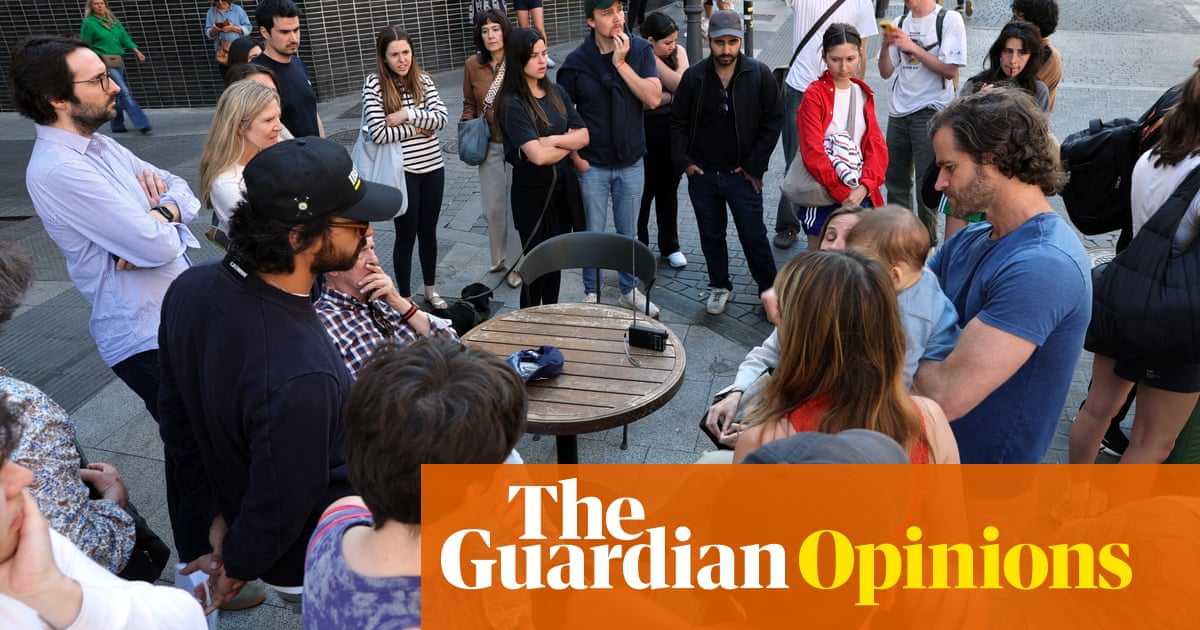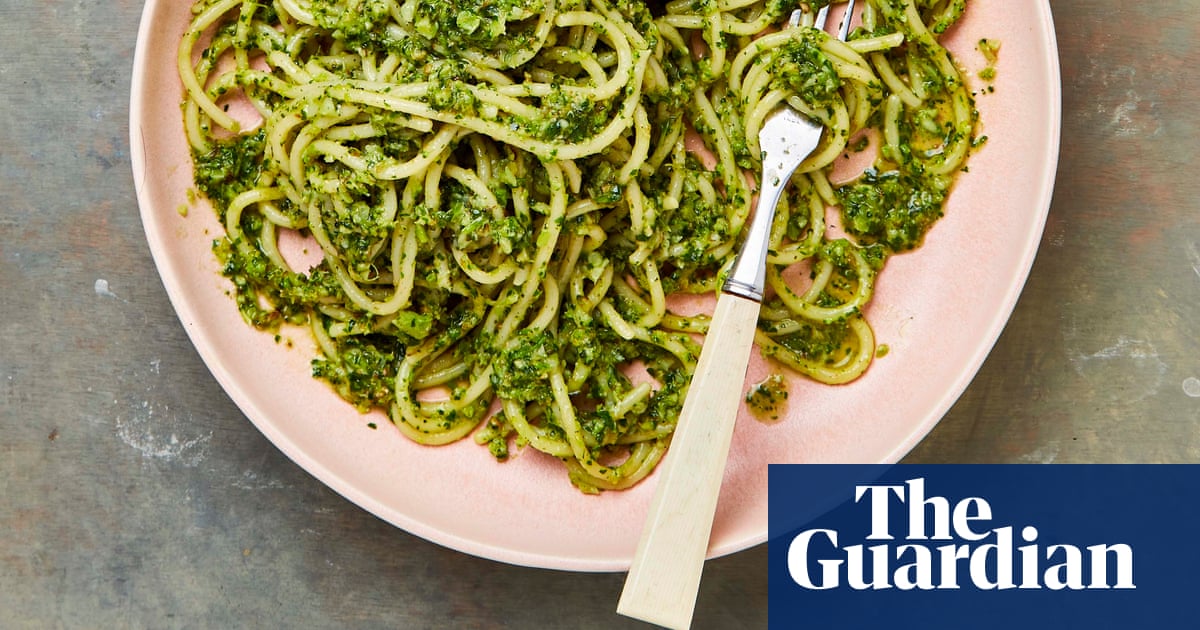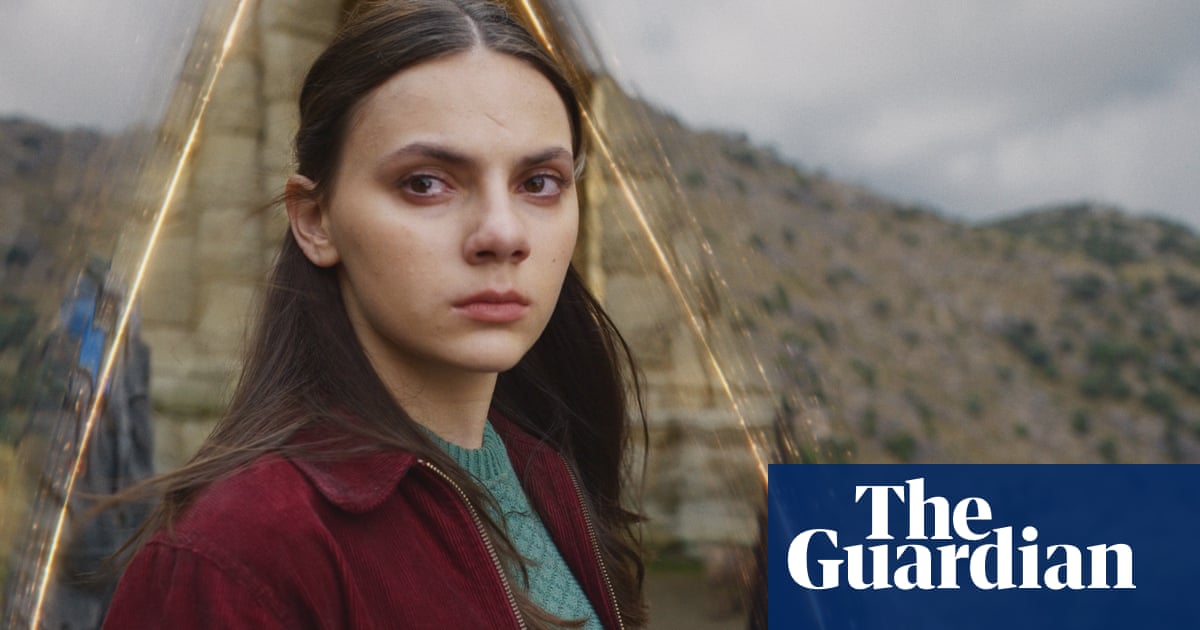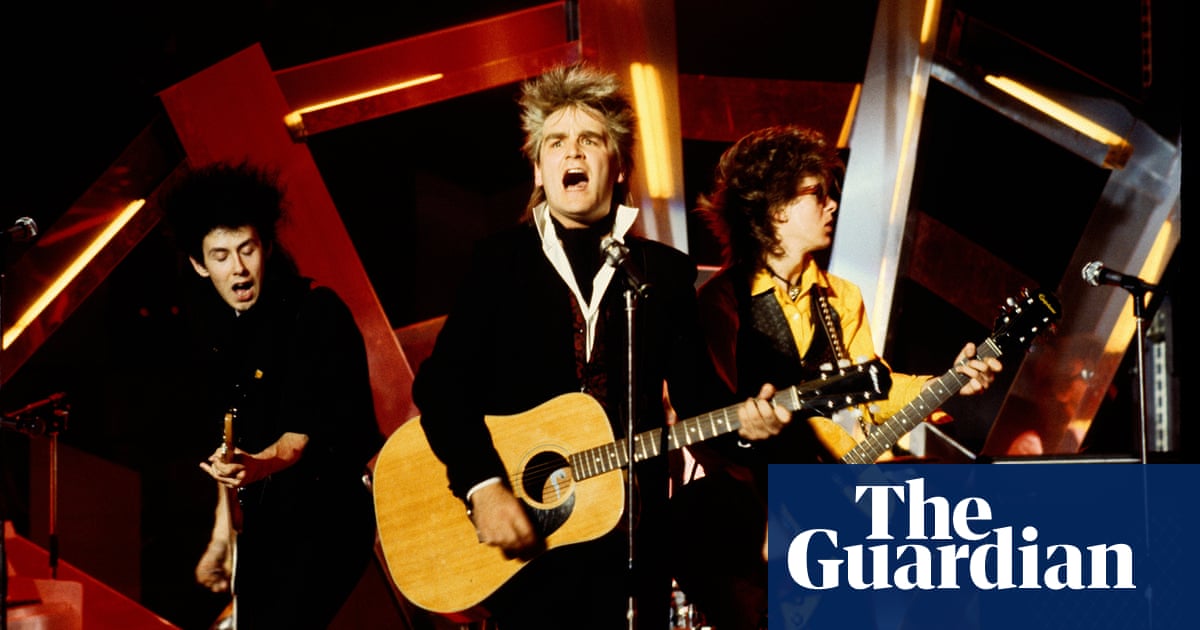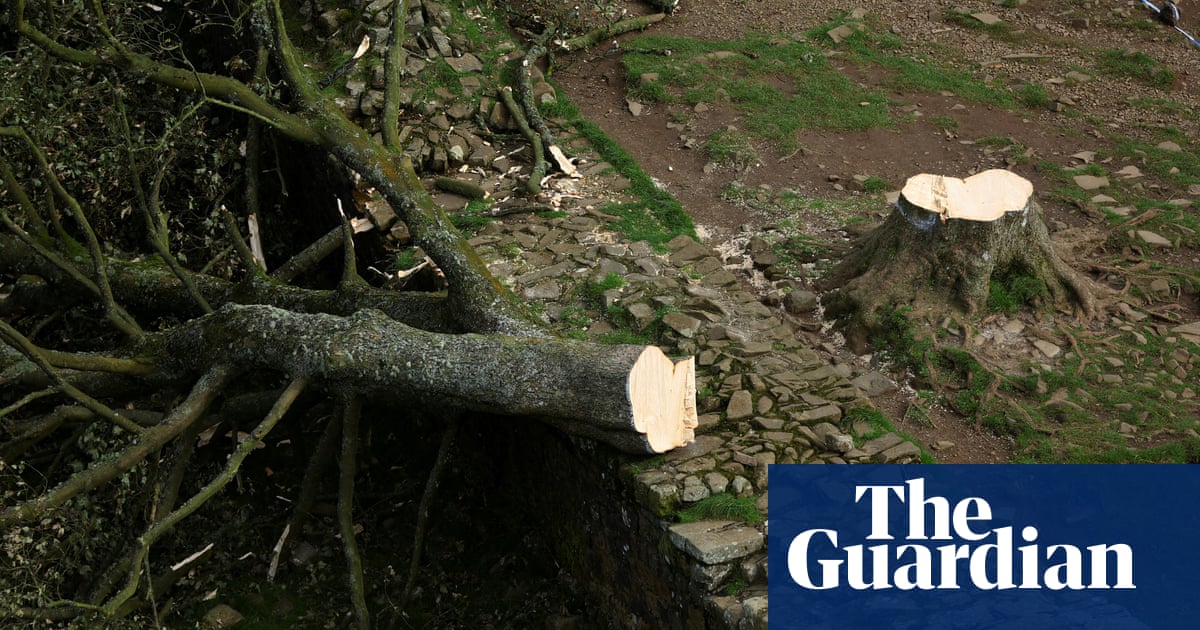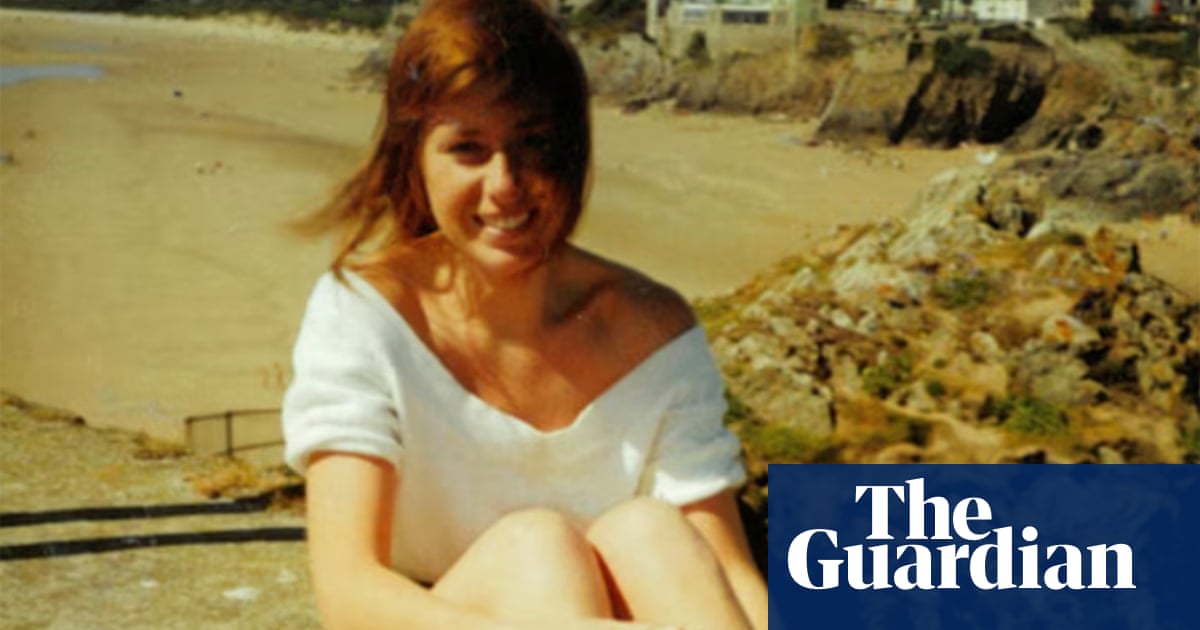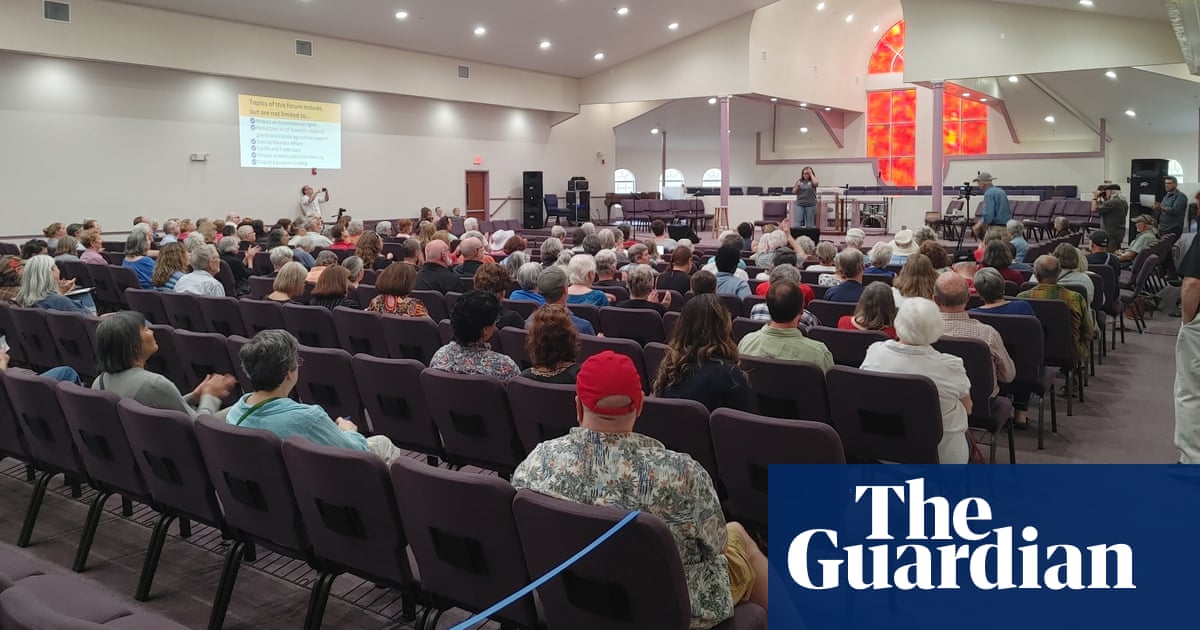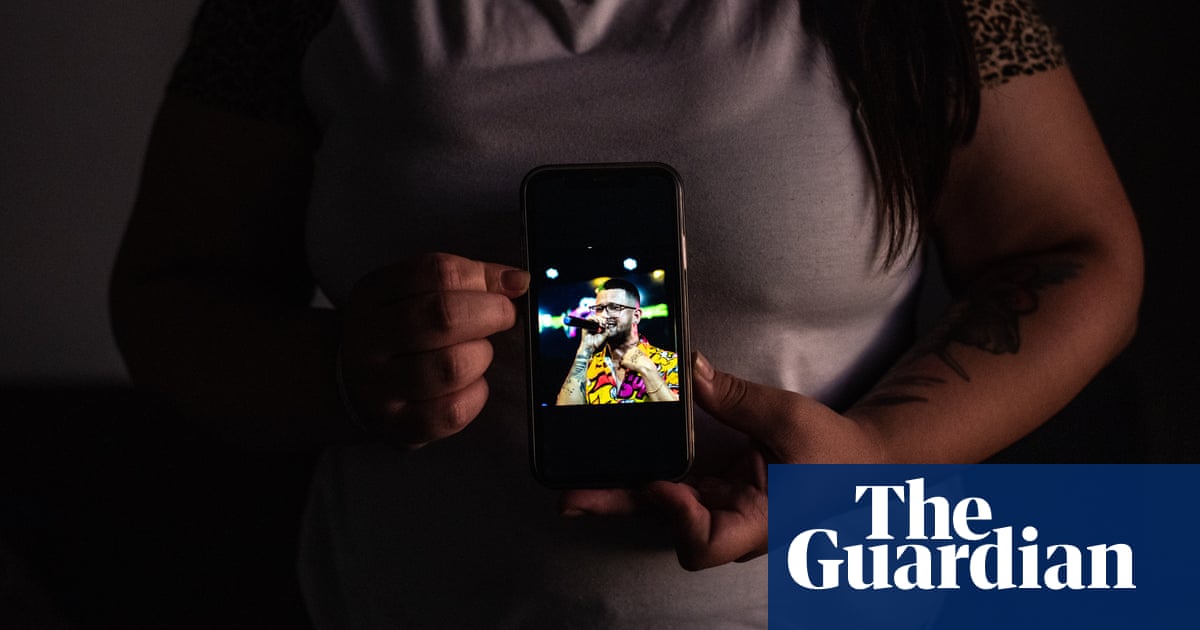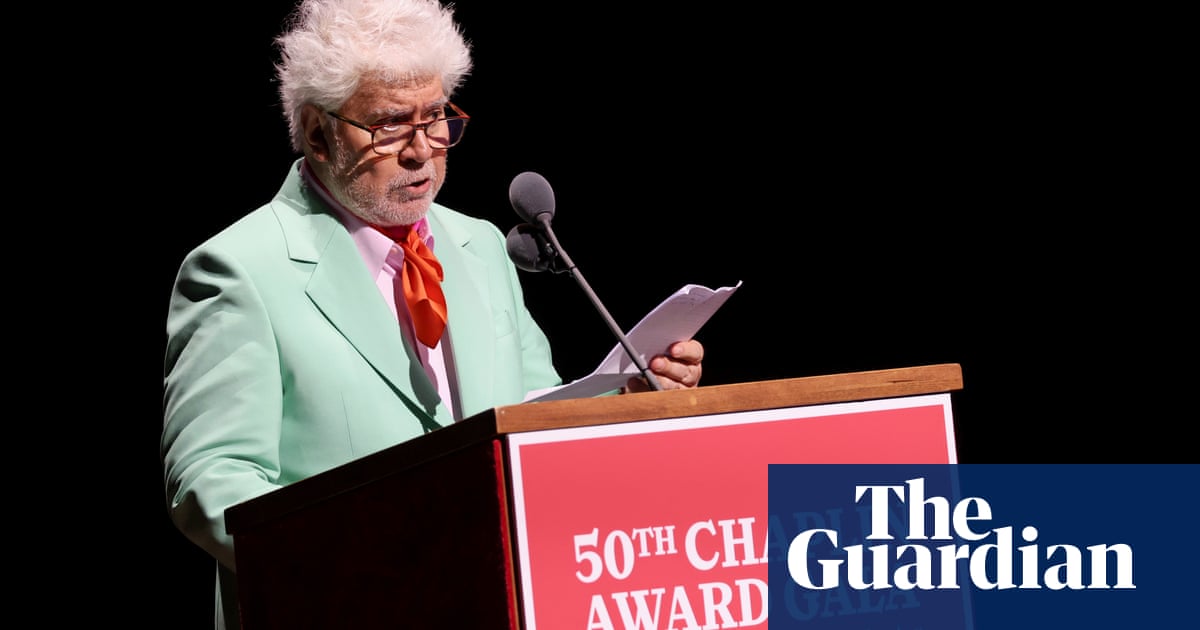When Ichiko Aoba stood up to perform at London’s St Martin-in-the-Fields in September 2024, most people couldn’t actually see the Japanese singer at first. The Georgian parish church has no stage, just a postage stamp of a red platform. And Aoba is not that tall. “I was a bit nervous,” she says. “Venue staff had told me it would be difficult for people to see, so I kept thinking about how I might massage people, loosen them up.”
Aoba, 35, is speaking over video call from Tokyo. Her vibe in conversation is much the same as on stage: quiet but not shy, thoughtful, funny and direct. At St Martin’s, she walked down the aisle, guitar in hand, sat down on the flagstone floor, big white skirts billowing up like powdery snow, and started to sing, unamplified. The audience hushed. Aoba said, “Come closer”, and everyone who could did.

Since her 2010 debut, Kamisori Otome (Razorblade Girl), Aoba’s quietly astonishing music has earned her a horde of devoted fans. She’s an accomplished guitarist with a voice like a wind chime and a similarly airborne way with a melody. She sells out big venues immediately, and has been sought out by Japan’s musical statesmen Ryuichi Sakamoto, Cornelius and Haruomi Hosono. And yet she says: “I don’t really think of myself as a musician. I just love sound. Sometimes I’m still surprised when I’m described as an artist.”
She has an artist’s CV by any measure: eight studio albums, eight live albums, a contribution to the soundtrack of the 2017 Ghost in the Shell. Yet Aoba says with a smile: “If I hold being a musician as my baseline, it feels constricting. I rather want to hold on to having fun, feeling surprised. To link those together” – she joins her fingers – “is to live a happy life.” This month, she releases her ninth album, Luminescent Creatures. To guitar, strings, chimes and keyboards, she sings about scattered light and things that glow in the dark; the aurora, a tower, a flag. In April, she will perform the album in full at the Barbican in London.
Aoba was born in Urayasu, not far from Tokyo Disneyland, and raised near Kyoto. At school she variously sang in a choir, played clarinet in a brass band and drummed in a light music club. But after meeting the Japanese eight-string guitarist Anmi Yamada, with his singular, freewheeling songwriting, she took flight. She would learn his songs then have masterclasses with him over the phone. These days, to record her music, she says she needs to be so relaxed she’s almost asleep.
How on earth does she achieve that? “I have to trust the moment,” she says. “If I’m focused on this being my song, or that person being in the audience, or the light being too bright, or the sound feeding back when I play” – she does a neat bit of air guitar – “it doesn’t work. But if I just let go” – she shakes both hands in the air – “and truly believe that the music will be my protection, I can reach a state that is almost like meditation.”
It’s a pretty accurate description of her audiences, too. She nods. “When people write to me, they’ll say they had a great time at a concert but also that, on a deeper level, they found a space where they felt safe, or where they found they could forgive.” She shows me a pile of decorated envelopes that she fans out in front of her then stacks under her head like a pillow: “These make me so happy. I keep them by my bedside.”
Aoba loves ancient Japanese and onomatopoeia. She wonders about what plants remember. She has visions of landscapes that she has never visited and she is drawn to the idea of sound as a means of wayfinding: whale song, sonar, echolocation. When I mention Daniel Kish, the blind runner who listens his way through the forest at speed, she beams and claps. “Sometimes,” she says, “during a gig, I’ll close my eyes just to see how long I can play before I make a mistake. Often I think of making an album as like talking to a friend, telling them about whatever interesting thing has happened that day.”
When Aoba launched her official fan community on Patreon, she called it Atóllba, after “atoll” because she imagines it to be just that: a magical island, an iridescent safe space, in which like-minded people can gather. Her critically acclaimed 2020 album, Windswept Adan, was billed “the soundtrack to a fictional movie”. Is Luminescent Creatures also insular, a world of it own? “This time, instead of a story, it’s like a dictionary,” she says, “with each track a seed I’m planting.”
Google the title for the second song, 24° 3′ 27.0″ N, 123° 47′ 7.5″ E, and you realise it’s the coordinates for a lighthouse in the sea at the very edge of Japanese waters. “I hoped that some people might find the island,” she says. “But mostly, I hope that the album itself is a lighthouse of sorts.”

.png) 2 months ago
27
2 months ago
27




